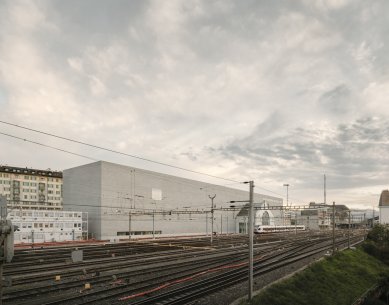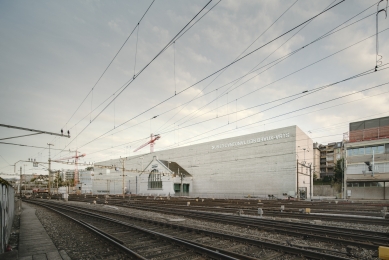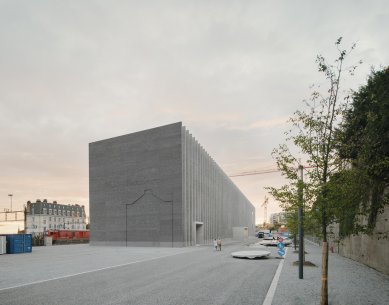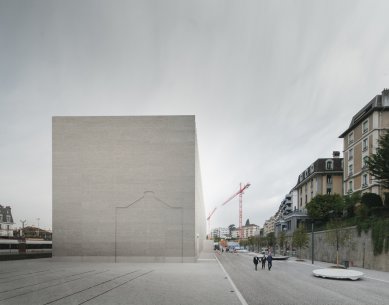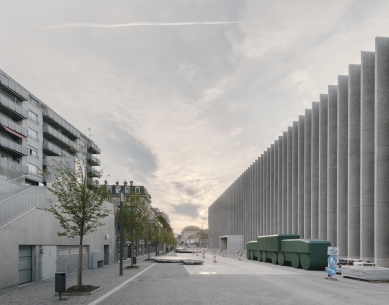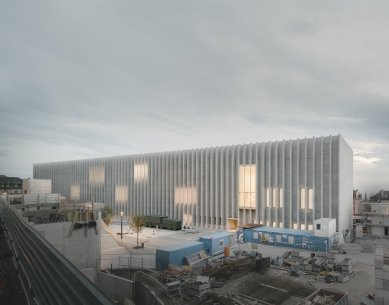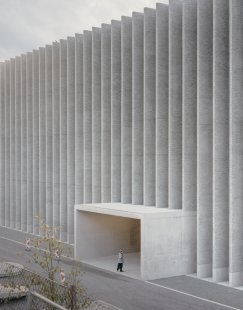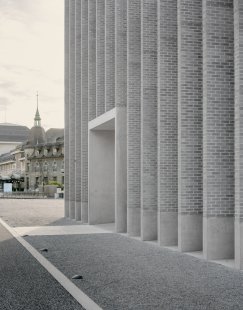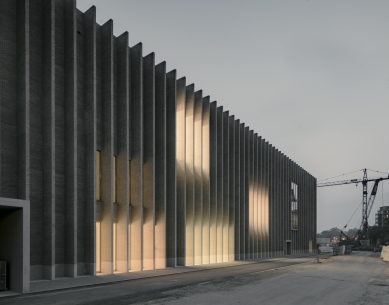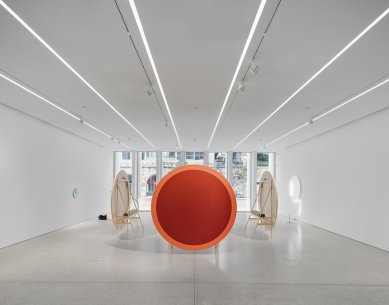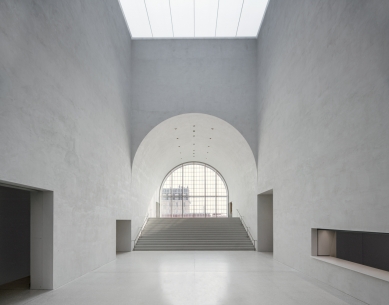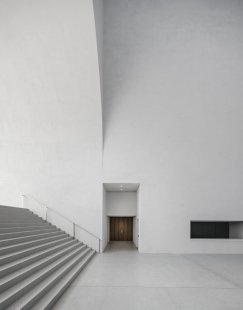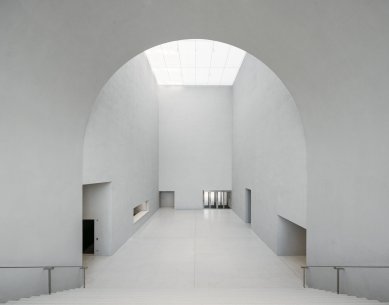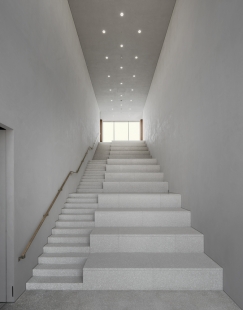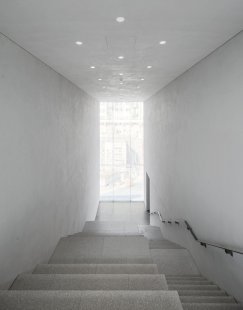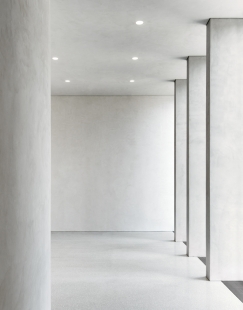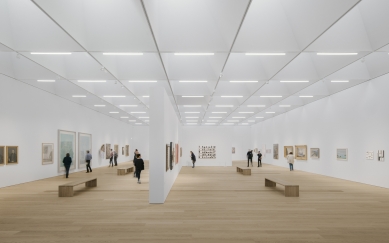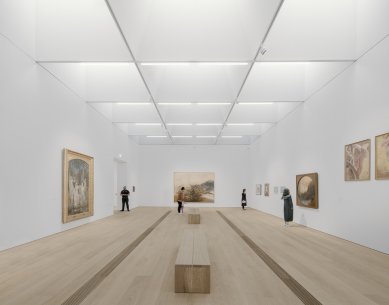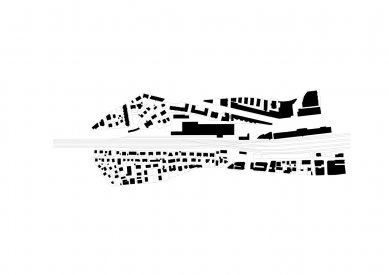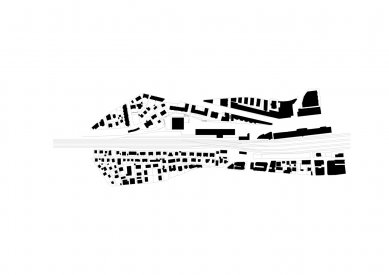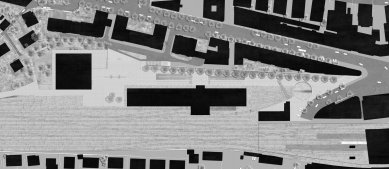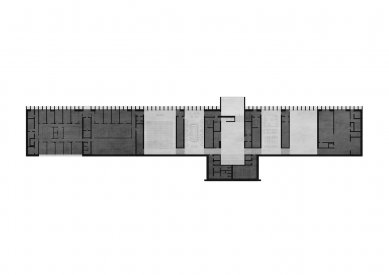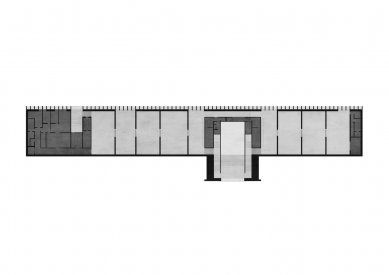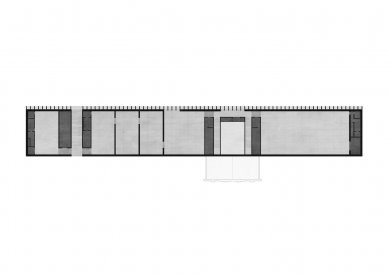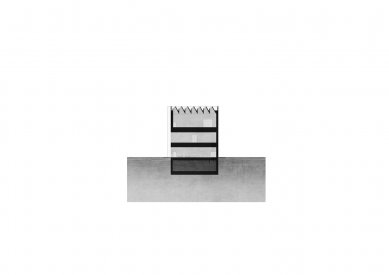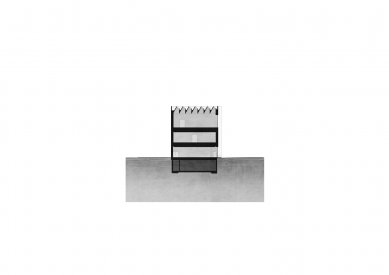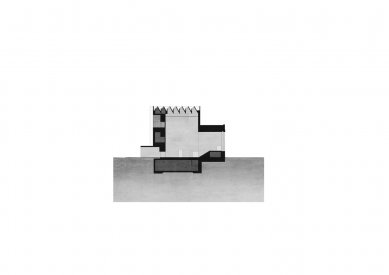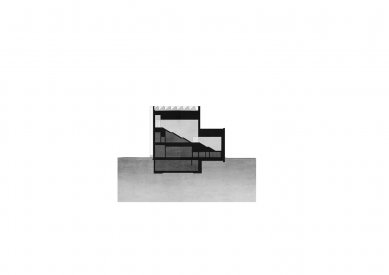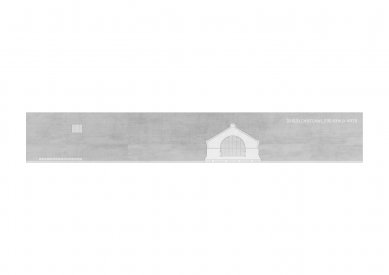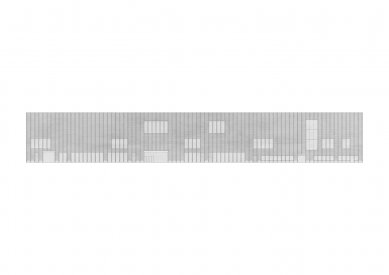The project aims to transform an area of Lausanne into a new arts district, centred around the city’s three main museums: Fine Arts, Photography and the Museum of Design and Contemporary Applied Arts. All this activity is sited within a very complex urban setting, affected by old railway yards currently in a state of disuse.
As for the urban strategy, the decision to unveil this part of the city and connect it with the Station Square entails sacrificing the 19th-century building that exists on the site to generate a new public space. The idea is for the three new buildings to gravitate around this open space and to be understood as a single entity. The design features a collection of found fragments, incorporating them from the start. The building’s new foyer emerges from the end facade of a former train shed like an objet trouvé. This ultimately becomes the design’s main compositional element from which the museum’s entire programme comes to life. Hence, elements such as this facade, some stretches of train tracks or the arches of the northern wall act as spring mechanisms to trigger the memory of the place and allow it a clear presence within the ensemble.
As in a large industrial factory where structure takes priority over the composition of facades, the building can be defined as an inhabited wall that separates, with precision, the industrial world from the new public space.
This project is based on an apparently contradictory equilibrium between the specificity of the place and the formal autonomy of the building, which is conditioned by its solitary situation. Structure, programme and construction converge in a unitary conglomeration, demonstrating its validity and functionality despite the context’s transformation.
Estudio Barozzi Veiga

